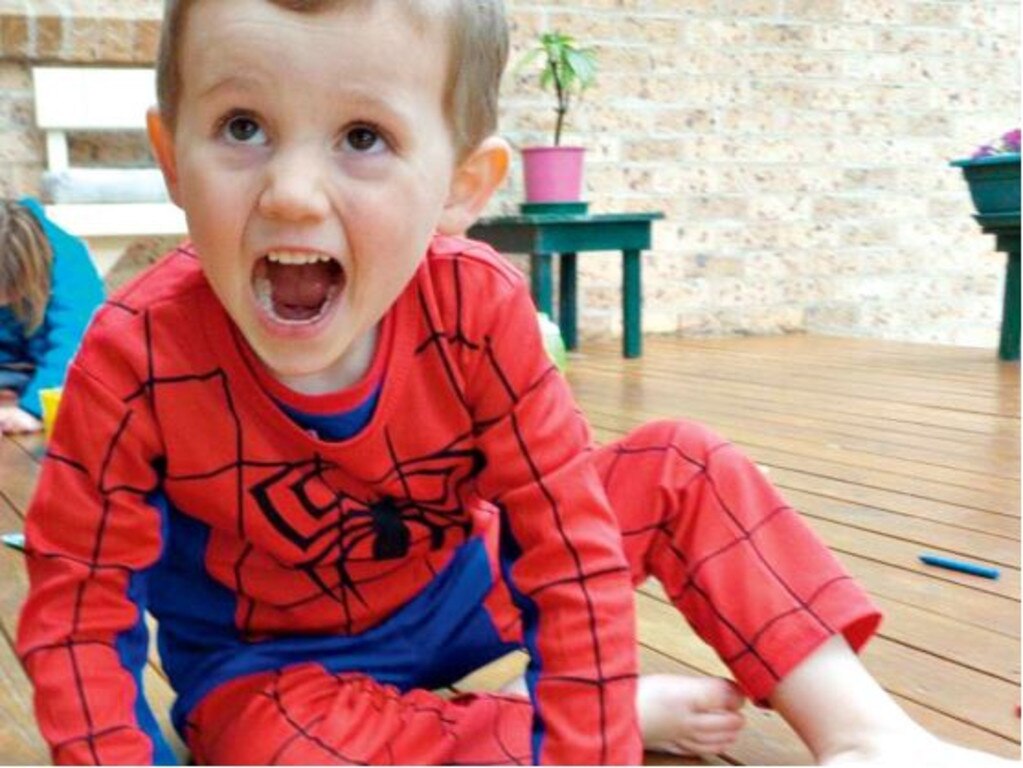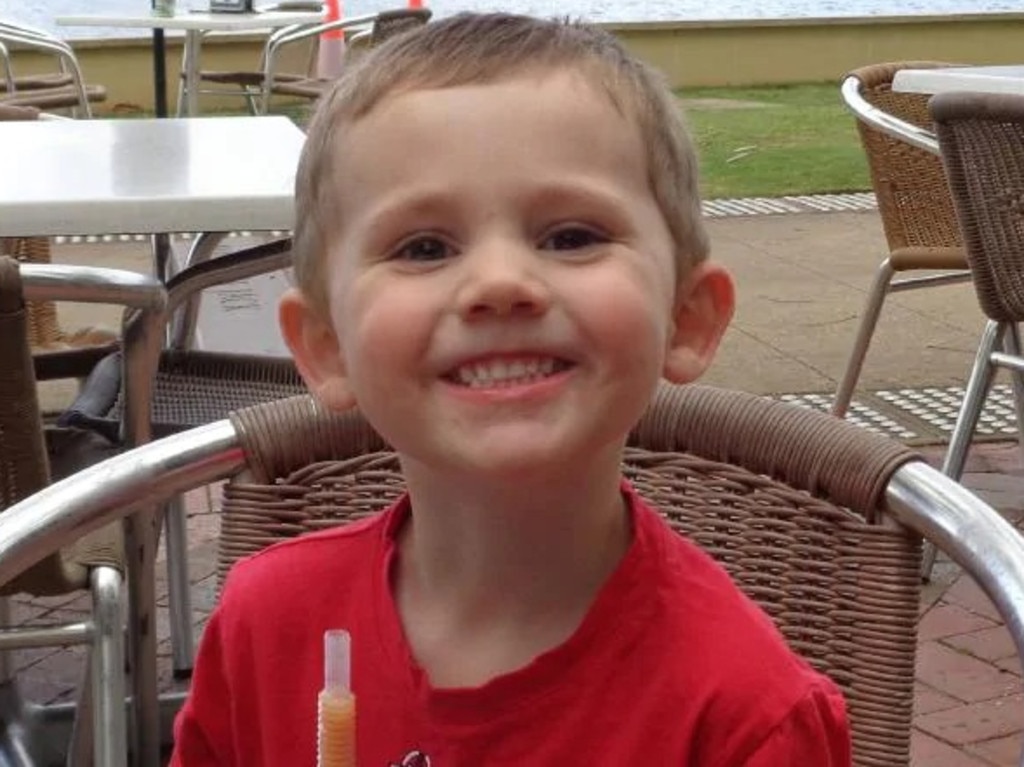Trial verdict due for William Tyrrell case detective Gary Jubelin
One of Australia’s most famous former homicide detectives, Gary Jubelin, will learn his fate on Monday.

One of Australia’s most famous former homicide detectives, Gary Jubelin, will learn his fate on Monday, with the verdict in his misconduct trial due to be delivered at 9.30am.
A super-size courtroom has been put aside for the hearing, with magistrate Ross Hudson expected to speak for about 45 minutes.
Social distancing will be enforced, with the nation’s top barristers, and dozens of reporters, asked to register and take only assigned seats 1.5m apart.
The stakes could hardly be higher for Mr Jubelin, whose 34-year career in the NSW Police Force came to an end when he was accused of breaching the NSW Surveillance Devices Act by using his own mobile phone to record conversations with potential suspects in the William Tyrrell matter.
William was a three-year-old foster child who disappeared from outside a house at 48 Benaroon Drive in Kendall, NSW, on September 12, 2014.
Mr Jubelin led the investigation into his disappearance for four years, before being taken off the case, which remains unsolved.
Mr Jubelin’s trial has attracted enormous attention, in part because the former detective retains the full support of William’s foster parents, and the families of many other homicide victims.
He has been described in comic-book terms: the super-cop, who goes the extra mile to solve the most vexing matters.
His trial has highlighted the very real tension between the civil rights of suspects in serious criminal matters, and the community’s desire to have perpetrators brought to justice.
One former suspect in the Tyrrell matter is suing NSW police, saying his life was destroyed when his name was linked to the case.
Mr Jubelin believes he’s been made a scapegoat for police failure to find William.
He admits he was fixated, for a time, on Paul Savage, 75, a widower who lives opposite the house William disappeared from.
Mr Jubelin told the court that he had used his own mobile phone to record four conversations with Mr Savage.
Mr Savage was under surveillance at the time.
There were court-sanctioned listening devices in his home, on his landline, and on his mobile phone and Mr Jubelin says he used his phone as “back-up” because the police listening devices often failed.
His trial exposed the inner workings of the homicide squad.
Mr Jubelin said the investigation into William’s disappearance had never been given appropriate resources.
He said it was bedevilled by equipment failure as well as a shortage of personnel, many of whom were “burnt out” by the frustration of having no witnesses, no forensics, no DNA and no real idea what had happened to William.
Crown prosecutor Phil Hogan told the court it would be “absurd” to presume any police officer, in any criminal investigation, could simply decide to record private conversations with suspects to protect their own interests.
But, he added, “no matter how frustrating the investigation, no matter how scarce the resources are”, the law had to apply.








To join the conversation, please log in. Don't have an account? Register
Join the conversation, you are commenting as Logout